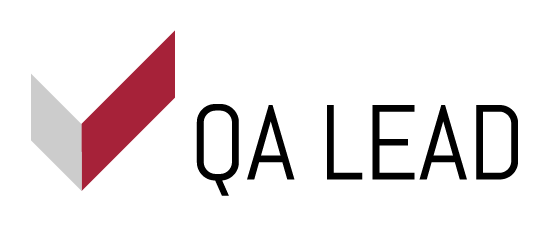The project targets the underrepresented groups in society in large which are for several different reasons not able to participate in academia. It aims to facilitate the access for pupils of these groups. The project relies mainly in financial grounds.
Equity Cases
Emergency Fund for the payment of tuition fees is a project developed by the Student Union of the Law Faculty of Nova University of Lisbon. Targeted at students who do nothave financial resources for enrolling into higher education, this project ensures appropriate funding giving everyone a chance to study. The initiative is developed in cooperation between the student union and the institution, and supported by fundraising activities ensuring a budget for such funding.
Through a Legal Decree a social council has been established that provides subsidies and information and guidance on housing, finance and health information for all students of Haute Ecoles in French speaking Belgium.
Student Services at University Colleges in Flanders to strengthen the social character of university colleges and promote equal access and participation.
The University of Mainz General Students’ Committee have provided a financial support service to students in crisis for the past 15 years. This includes grants and scholarships, financial counselling and free legal advice.
Paris Montagne Association was created in 2006 and runs an annual science festival. Students and researchers at the École Normale Supérieure wished to share their passion for science and let others discover the world of research through a science festival. Paris Montagne works on a long term basis with high school students, and with the students belonging to the “Science Académie” program. The application forms are distributed in the Parisian suburbs.
Tū Kahika is an award that supports young Māori students interested in a career in health, into and through the University of Otago’s Foundation Year health sciences course and beyond. Tū Kahika prepares students for further study in health sciences (particularly Health Sciences First Year) by providing wrap-around academic, cultural, pastoral and financial support over the year.
Developed in 2009, the UQ Young Achievers Program supports the tertiary study and career aspirations of motivated secondary school students from low-income families who might not otherwise have access to university. Key activities include mentoring; on-campus experiences; information on university study options, pathways and application processes; opportunities for personal growth; and financial assistance. Since 2009, more than 480 Young Achievers have been supported by the programme, which shows a high level of success in facilitating participation in higher education of students from low-socio-economic backgrounds.
The Manchester Access Programme (MAP) is The University of Manchester’s (TUM) social mobility programme for Y12/13 students in Greater Manchester. It is highly targeted at talented post-16 learners from backgrounds currently under-represented in higher education and aims to support them into TUM and other research-intensive universities, thereby contributing to enhanced long-term employment prospects and social mobility.
The Academic Advancement Program (AAP) implemented at the University of California Los Angeles (UCLA) has been evolving for over 40 years. The program improves the academic achievement of historically underrepresented groups which originally targeted particularly African Americans and Latinos but now extends to students from disadvantaged backgrounds of all races. APP is holistic and targets students and staff and covers the curriculum and policy, community engagement, parents, and professional development. In particular it works with 21 community colleges in areas with large underrepresented student groups to improve students preparedness for admission to the university.

